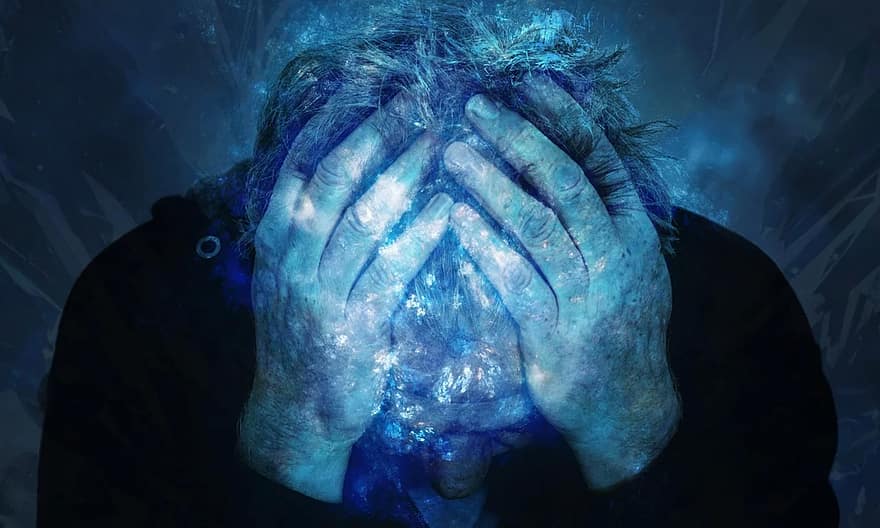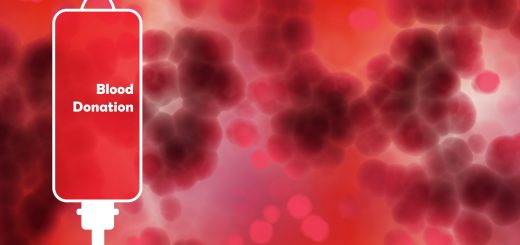The Link Between Stress and Hormones
Summary
– Physical or psychological stress?
– Stress: hormone secretion in two stages
– Hormones and acute or chronic stress
Stress is a physiological reaction well known to most of us, a state of tension caused by living conditions in our modern society.
If it allows us to cope with the situations we face in small doses, it becomes harmful to our physical and mental health when it becomes too present. This post explains the link between stress and hormones.
Physical or psychological stress?

It is possible to distinguish two different types of stress, physical stress, and psychological stress.
Physical stress is, for example, caused by:
– a sustained and unusual physical activity;
– a lack of sleep;
– a low-quality diet;
– illness…
Psychological stress can result from a traumatic event, such as losing a loved one or being a victim of an assault or an accident.
But it can also be the result of more common pressures experienced daily, especially during one’s professional activity. Different ingredients are conducive to its appearance:
– the feeling of losing control over a given situation;
– novelty;
– unpredictability;
– the threat of the ego, the questioning of one’s abilities.
How we perceive a given situation varies significantly from one individual to another; the same event can trigger a great deal of stress or absolutely no anxiety in one person.
While physical stress quickly disappears when the effort is over, psychological stress is less limited in time and becomes chronic in many people, thus significantly altering life quality.
Our body responds to stress by secreting hormones called stress hormones. These will trigger a stress response that is intended to mobilize energy to cope with it.
Let’s see below the action of hormones during stressful situations.
Stress: hormone secretion in two stages

First hormonal secretion
First, very quickly, hormones called catecholamines are secreted: the main one is adrenaline. In a few seconds or minutes, adrenaline arrives in the bloodstream.
It instantly triggers reactions in the entire body to prepare it:
– the heart rate increases;
– breathing accelerates;
– and blood pressure rises.
As a result, the brain and muscles receive more oxygen. Other symptoms accompany these reactions:
– digestion slows down;
– the pupils dilate;
– and the sweat glands are activated: we sweat.
Second hormone secretion
Then, other hormones called glucocorticoids are secreted as reinforcement:
– the main one is called cortisol;
– it is secreted to help adrenaline maintain a high energy level;
– the central role of cortisol is to increase the level of sugars in the blood to provide energy for the muscles, brain, and heart.
Good to know: Catecholamines and glucocorticoids are secreted by the adrenal glands located above the kidney.
Hormones and acute or chronic stress
The secretion of stress hormones and the stress response they generate is not problematic if the body regains its calm once the situation is over, and the hormones return to basal levels.
Acute stress
Acute stress is part of our daily life and helps us cope with various situations such as a presentation in front of an audience, a work deadline approaching, or a dog jumping on us.
Chronic stress
If the stress persists for a long time or if it comes back repeatedly, it is called chronic stress and can have harmful effects.
In this case, the cortisol level in the blood remains high, and this can lead to:
– Heart disease;
– high blood pressure;
– digestive disorders;
– a weakened immune system;
– insomnia and depression.
That’s why it’s essential to make sure that stress doesn’t set in!
Please note: it is impossible to remove stress from our lives, but it is entirely possible to live with it and, above all, to ensure that it only passes.




2 Responses
[…] The Link Between Stress and Hormones; […]
[…] human being has a personal reaction to stress. Our capacity to adapt depends on our history, hormones, intensity and repetition of the aggressions, personal and professional life, experiences, […]